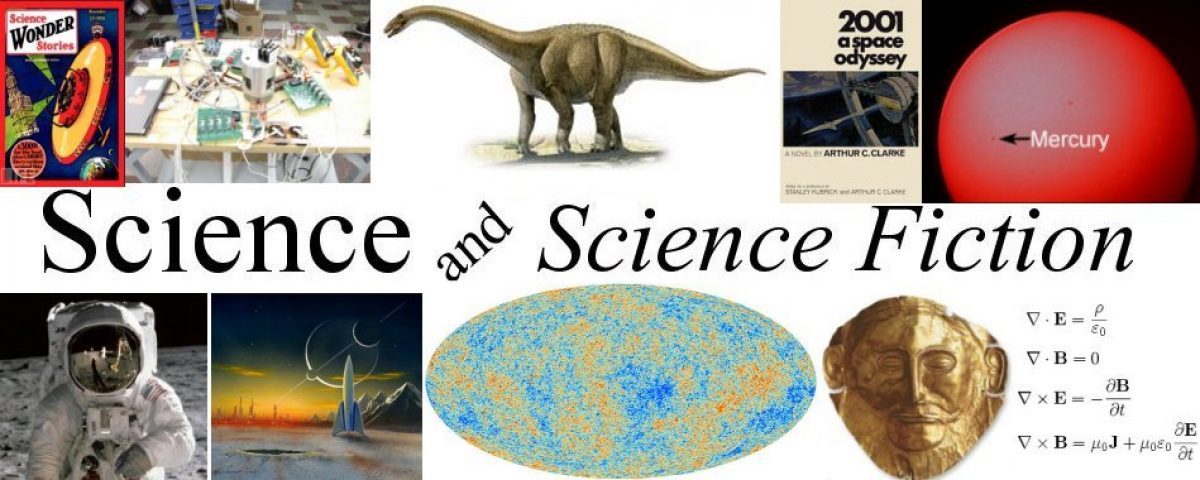“Lovecraft Country’ is a new series on HBO from executive producers Misha Green and J. J. Abrams. Based on a novel by Matt Ruff ‘Lovecraft Country’ is a chronicle of the adventures of a young black couple Atticus Freeman, played by actor Jonathan Majors, and Leticia Lewis, played by Jurnee Smollet-Bell. Taking place in the 1950s in ‘Lovecraft Country’ Atticus and Leticia, along with their relatives and friends must not only endure the prevalent racism of the time but also survive the machinations of a secret occult society of rich white people.

Now let’s be honest right from the start. As an old, college educated white man I have had little personal experience of what it’s like to be discriminated against. (And by little in the instance I mean none!) I have, in my life and career known a wide diversity of different people and I hope that I have treated them based upon what kind of person they are rather than the group to which they belong. I had thought, just a few years ago that as a society we were making progress toward racial equality but lately it has become painfully obvious that bigotry runs deep in this country, and will take many more years to eliminate, if indeed we ever do.
And that’s one of the interesting aspects of ‘Lovecraft Country’. By illustrating some of the mechanics of historic Jim Crow racism such as ‘Sundown Towns’ (no blacks allowed after sundown) and tour guides for blacks (listing restaurants, motels and other establishments in cities and towns that serve blacks and are ‘safe’ to go to) you can acquire some feeling for what it was like to be black in a segregated America.
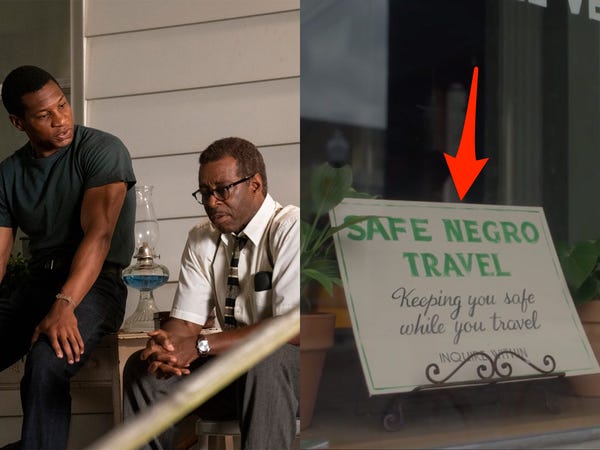
But of course ‘Lovecraft Country’ is a supernatural horror show and quite a good one, with some familiar monsters such as ghosts and vampires being used in very unusual ways as well as some completely new otherworldly creatures. Despite the title ‘Lovecraft Country’ makes no use of H. P. Lovecraft’s ‘Olde Ones’ such as Yog-Sothoth or Nyarlathotep although Cthulhu does make a very brief appearance in a dream sequence right at the very beginning of episode one. Incidentally Cthulhu gets beaten up by Jackie Robinson with a baseball bat, something I admit I could never have imagined.

The important difference however is that in a Lovecraft story the humans in contact with or worshipping the daemons and monsters are ‘men of a very low, mixed blooded, and mentally aberrant type’. The quote is from Lovecraft’s story the ‘The Call of Cthulhu’ and is just one example of the way that Lovecraft usually described minorities.

In ‘Lovecraft Country’ on the other hand most of the wizards are rich white people. This is in fact a deliberate twisting of the racism in Lovecraft’s own works and when combined with the normal, mundane bigotry of the 1950s does succeed in making young, attractive, well dressed, rich white people seem like monsters. And remember this is an old white guy talking!
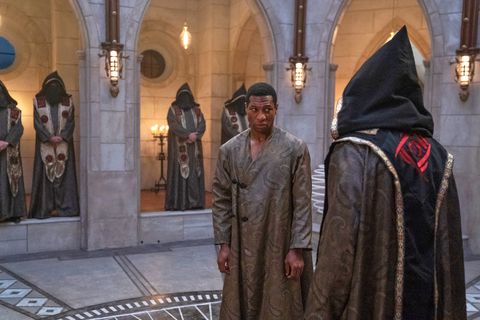
Another difference between Lovecraft’s stories and ‘Lovecraft Country’ is sex. There’s quite a bit of hanky panky going on in ‘Lovecraft Country’, most of it pertinent to the storyline. On the other hand it would be hard to have less sex than there is in Lovecraft’s works.
Technically “Lovecraft Country’ is very well made, the special effects are quite good, at times even chilling. The performances of the actors are also engaging, especially that of Majors and Smollet-Bell. Several of the ‘minor characters’ have also been given storylines of their own in addition to their parts in the main story of Atticus and Leticia.
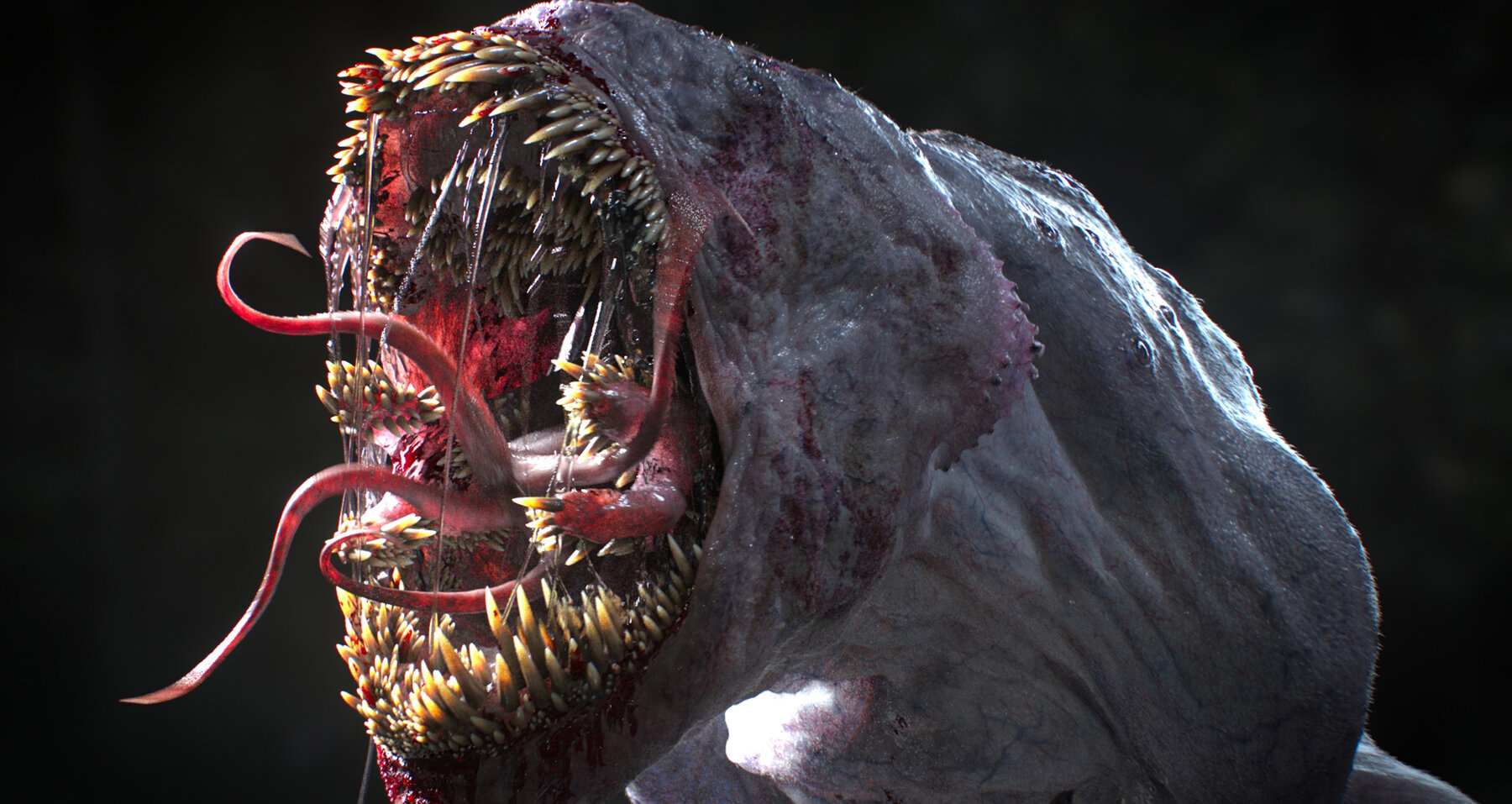
I’ve just finished watching episode seven of ‘Lovecraft Country’ out of a total of ten so there are three episodes left to the series. If you haven’t started watching it yet don’t worry, this is HBO so I’m certain that they’ll be rebroadcasting the entire series before long. If you’re the type who enjoys a good supernatural horror story you should certainly check it out.
But before I go I would like to take a few minutes to discuss what kind of writer H.P. Lovecraft was. Did he write Science Fiction or Fantasy or Horror or what? Of course you could just say that Lovecraft, like most storytellers wrote whatever he felt like, mixing all three categories as necessary in order to tell his tale.
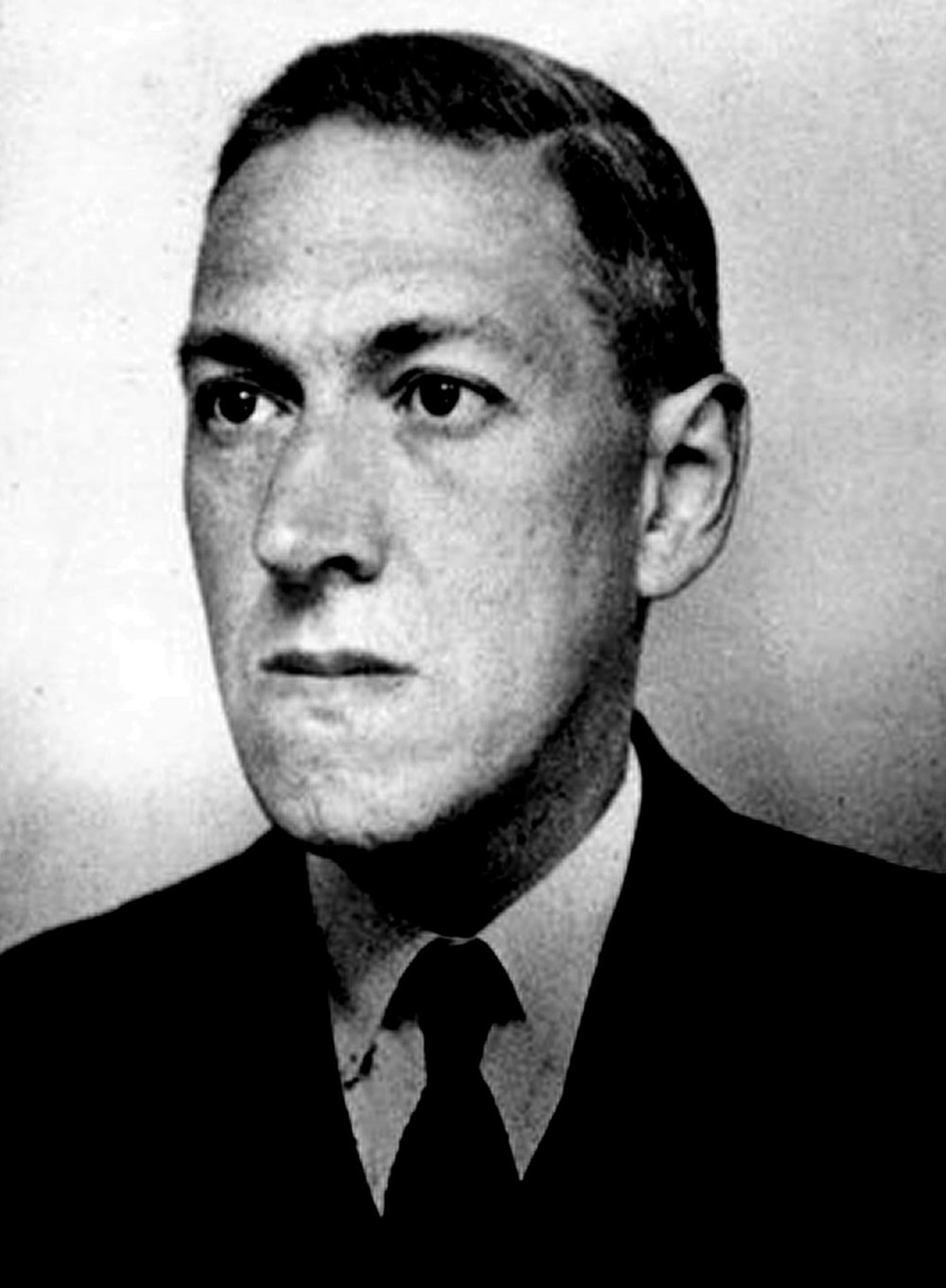
That’s a bit of a cop out however. I think the best way to understand Lovecraft writings are to recognize that they all deal with the strange, the unfamiliar, the alien. Lovecraft never could have written the kind of stories and novels that a Jane Austin or Ernst Hemingway or others like them wrote. Writing stories about a couple who fall in love or a man who faces up to his fears…how boring, how pedestrian, give me a tentacled monstrosity from beyond the stars!

And Lovecraft’s fixation on that which is different is almost certainly connected with his streak of racism, literally treating someone, or something unfairly and unjustly because you perceive them as alien. Throughout his works Lovecraft often uses the same negative, pejorative adjectives to describe his extraterrestrial god-daemons as he does to describe non-white humans. Psychologically it is called xenophobia, a neurotic fear of anything that is different.
Living in what was a pretty racist period in history Lovecraft’s xenophobia paradoxically not only fueled his vivid imagination but also twisted it into something that at times became morbid and sub-human. I freely admit that I love the way Lovecraft could describe a Universe that is both larger and more diverse than most writers, most people could ever imagine. However I also recognize that Lovecraft used the immenseness of the Universe as a source of fear and loathing, not the place of wonder and beauty that I see in all of its diversity.
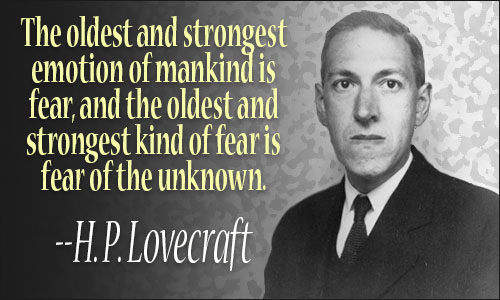
‘Lovecraft Country’ has something of that same attitude; basically just that the Universe is a big scary place and we human beings should be afraid of it. Personally I may enjoy stories built on that sort of framework, as I enjoy ‘Lovecraft Country’. In the long run however, I do prefer those Science Fiction stories that have a more hopeful view of the Universe and our future in it.
So what should we do with H. P. Lovecraft? Should we follow the advice of Shakespeare’s Mark Anthony when he says “The evil that men do live after them, the good it oft interred with their bones, so let it be with Lovecraft?” Remember Shakespeare himself said quite a few racist things. Do we throw away everything Lovecraft ever did? Do we censor the past in a vain effort to clean it up so that it cannot offend our modern sensibilities?
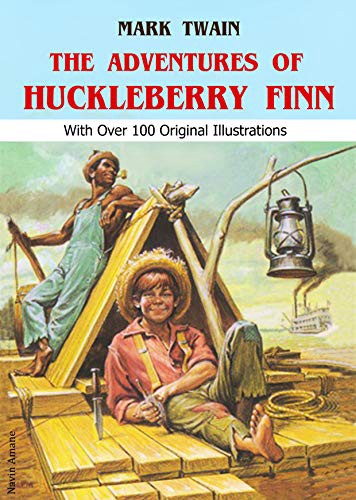
Perhaps we should do what ‘Lovecraft Country’ does, turn racism around on itself and thereby demonstrate that it is really the racists, and racism itself that is truly ‘vile, loathsome and sub-human”!!
